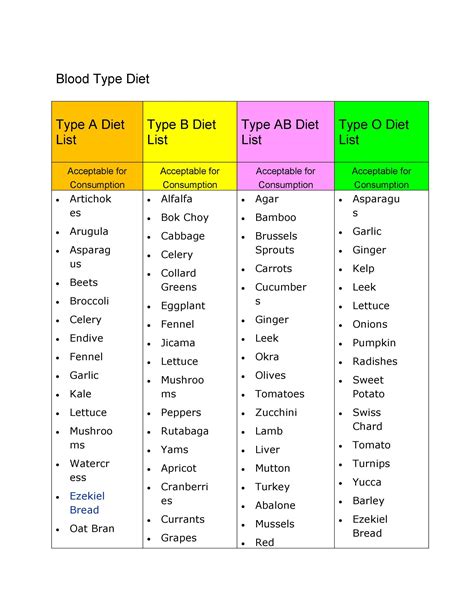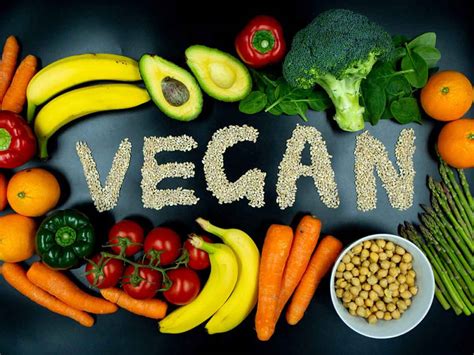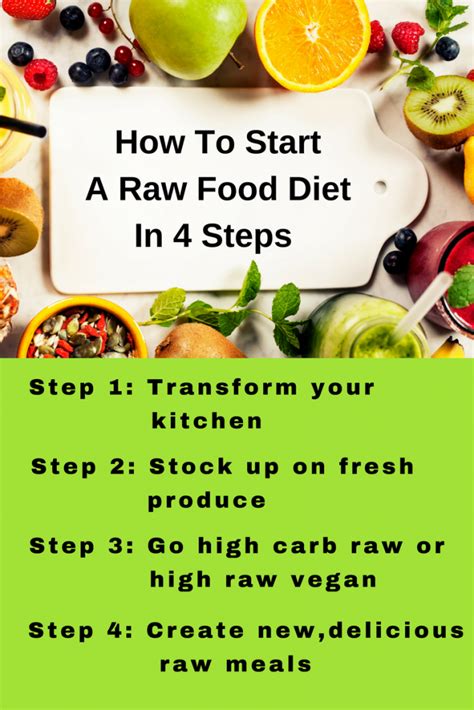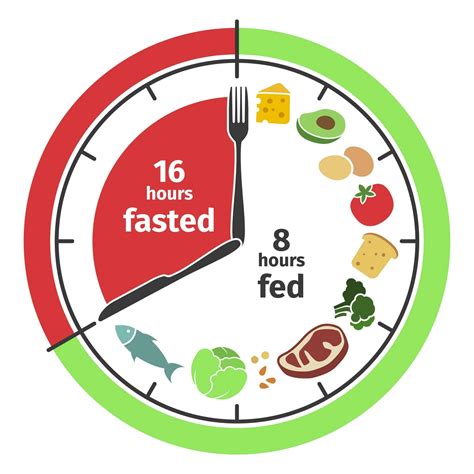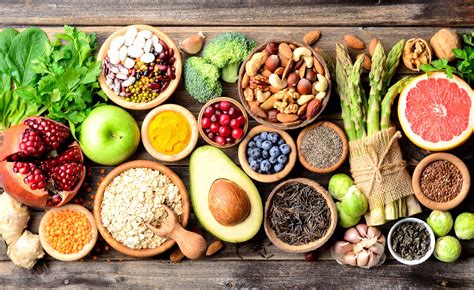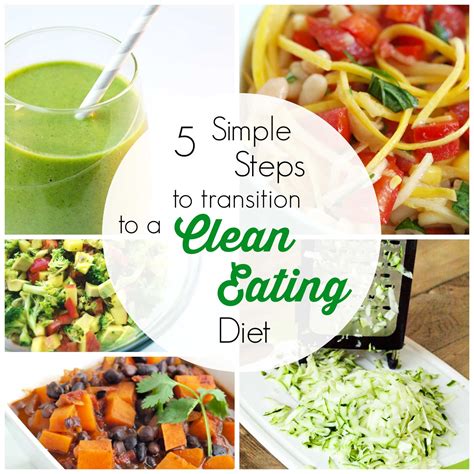Discover the benefits of organic food and learn about certification, transitioning tips, and the difference between organic and conventional agriculture.
Understanding Organic Food
Contents
Organic food refers to food products that are produced using organic farming methods. This means that the food is produced without the use of synthetic pesticides, fertilizers, genetically modified organisms, or growth hormones. Instead, organic farming relies on natural processes to control pests, improve soil fertility, and promote biodiversity.
One of the key principles of organic farming is to maintain and improve the health of the soil. This is done through practices such as crop rotation, using compost and organic matter, and avoiding the use of synthetic chemicals. By prioritizing soil health, organic farming aims to produce food that not only nourishes our bodies but also benefits the environment.
When it comes to animal products, organic farming also emphasizes the welfare of the animals. For example, organic livestock are raised in conditions that allow for natural behaviors, such as grazing on pasture. Additionally, they are not given antibiotics or synthetic growth hormones, and their feed is organic as well.
Consuming organic food is not only about what we put into our bodies but also about the impact it has on the planet. By supporting organic farming, we can contribute to the preservation of soil fertility, biodiversity, and the overall health of ecosystems.
Benefits of Choosing Organic Foods
Choosing organic foods has several benefits for both your health and the environment. One of the main advantages is that organic foods are free from synthetic pesticides and fertilizers, which can have harmful effects on human health. By choosing organic, you can reduce your exposure to these potentially harmful chemicals.
Additionally, organic farming practices are better for the environment. Organic farms typically use less energy and produce fewer greenhouse gas emissions compared to conventional farms. Organic farming also promotes biodiversity and healthier soil, which can help to mitigate climate change and protect wildlife habitats.
When you choose organic foods, you are also supporting sustainable farming practices. Organic farmers prioritize soil health and crop rotation, which can help to maintain the long-term viability of agricultural land. By supporting organic agriculture, you are contributing to a more sustainable food system for future generations.
Furthermore, organic foods are often of higher quality and taste better than conventionally grown produce. This is because organic farmers prioritize the use of natural fertilizers and sustainable farming practices, which can lead to more nutrient-dense and flavorful fruits and vegetables.
Organic vs. Conventional Agriculture
When it comes to agriculture, there are two main methods of farming: organic and conventional. Organic agriculture focuses on sustainability and the use of natural methods, such as crop rotation and composting, to maintain soil health and fertility. On the other hand, conventional agriculture relies on synthetic fertilizers, pesticides, and herbicides to maximize crop yield.
One of the key differences between organic and conventional agriculture is the use of synthetic chemicals. Organic farmers avoid using synthetic pesticides and fertilizers, opting instead for natural alternatives. This helps to reduce the environmental impact of farming and minimize the risk of chemical contamination in the soil and water.
Another important distinction is the approach to biodiversity. Organic farming emphasizes the importance of maintaining a diverse ecosystem, which can help to support natural pest control and reduce the reliance on synthetic chemicals. Conventional agriculture, on the other hand, often focuses on monoculture and may use genetically modified organisms (GMOs) to enhance crop yield.
Organic agriculture also places a strong emphasis on animal welfare, prohibiting the use of growth hormones and antibiotics in livestock. This can lead to higher-quality meat and dairy products, as well as a more humane approach to farming.
In conclusion, while both organic and conventional agriculture have their own merits, it is clear that organic farming offers numerous benefits for the environment, biodiversity, and overall food quality.
Certification of Organic Products
When it comes to organic products, certification is a crucial aspect that ensures the integrity and authenticity of the food. In order for a food product to be labeled as organic, it must meet certain standards and regulations set forth by the certification process. This can include the use of natural fertilizers, no synthetic pesticides, and adherence to sustainable farming practices.
The certification of organic products is typically conducted by third-party organizations that specialize in organic standards and regulations. These organizations are responsible for inspecting and verifying that organic farms and food producers are following the necessary guidelines to maintain their certification.
One of the most well-known organic certification labels is the USDA Organic seal. In order to display this seal on their products, farmers and producers must undergo a rigorous certification process that includes on-site inspections and record-keeping to ensure compliance with organic standards.
Consumers can look for this seal when shopping for organic products in order to guarantee that the food they are purchasing has been subject to the necessary certification procedures. This can provide peace of mind and assurance that the products they are consuming are truly organic and free from synthetic chemicals and GMOs.
Tips for Transitioning to an Organic Diet
Transitioning to an organic diet can be a daunting task, but with the right tips and guidance, it can be a rewarding and healthy lifestyle change. One tip for transitioning to an organic diet is to start slow and gradually incorporate organic foods into your meals. You don’t have to overhaul your entire pantry all at once; you can start by swapping out a few non-organic items for organic ones each week. This will make the transition more manageable and less overwhelming.
Another tip for transitioning to an organic diet is to do your research and look for local organic farmers markets or stores. Buying organic produce and products locally not only supports your community but also ensures that the items are fresher and have traveled fewer miles to get to your plate. Plus, buying locally often means that the food is more affordable and accessible.
When transitioning to an organic diet, it’s important to educate yourself about what organic really means. Look for certified organic labels and understand the standards that organic products must meet. Knowing what to look for and what to avoid will help you make informed decisions while shopping for organic foods.
Additionally, consider starting your own organic garden if possible. Growing your own fruits, vegetables, and herbs not only ensures that they are organic but also allows you to connect with the food you eat on a deeper level. Even if you don’t have a lot of space, you can grow herbs or small vegetables in containers or on a windowsill.
Lastly, don’t be too hard on yourself during the transition. It’s okay to indulge in non-organic foods occasionally, as long as you’re making conscious choices and striving for progress, not perfection. Embracing an organic diet is a journey, not a race, so be patient with yourself and celebrate the small victories along the way.


